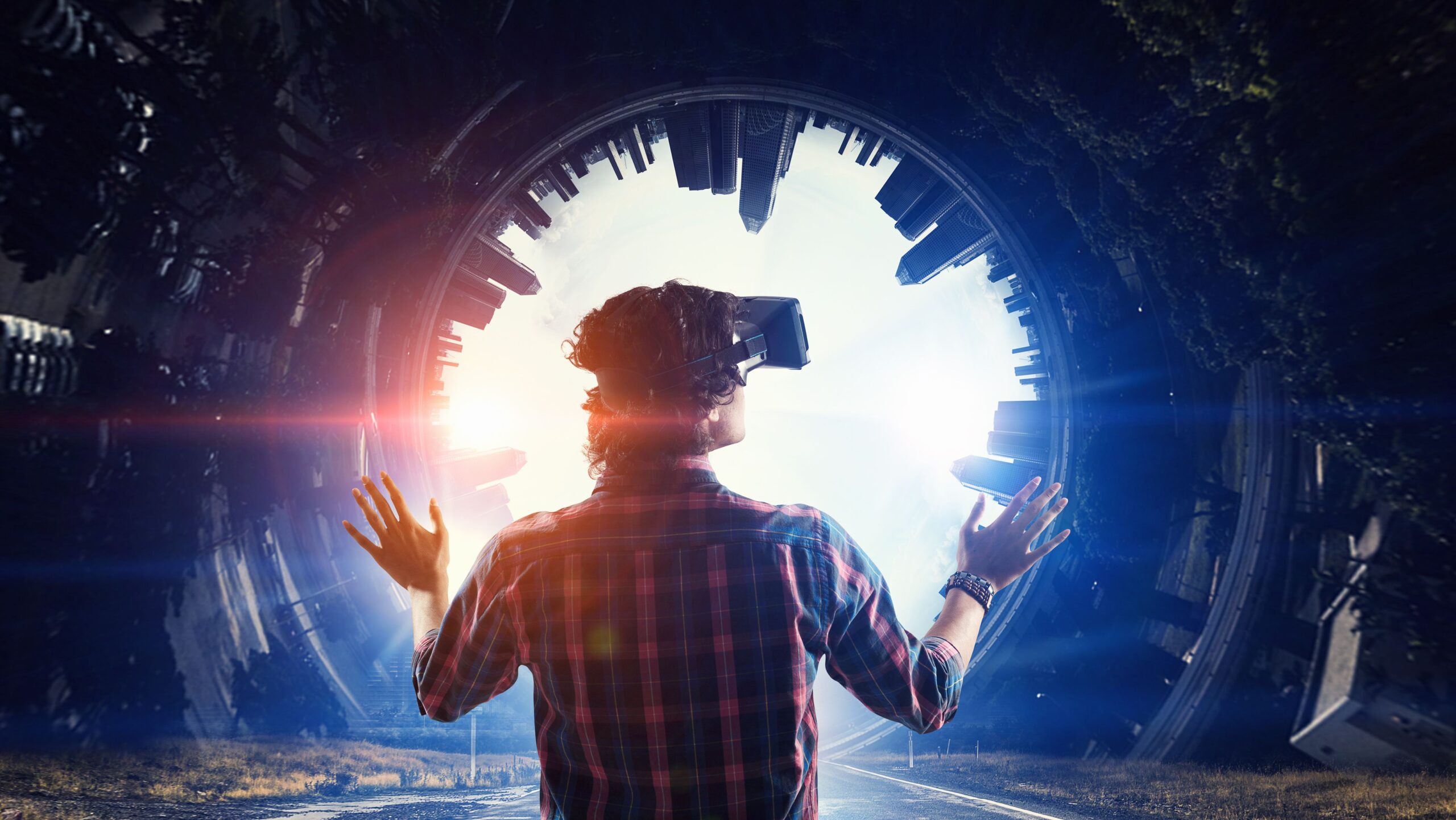In this digital era, immersive virtual realms have become increasingly prevalent, redefining the way we interact, create, and consume content. As we explore the vast landscapes of the Metaverse, it becomes apparent that this new frontier generates an unprecedented data deluge.
In this blog, we will unveil the implications of this data deluge, shedding light on how it transforms our digital experiences and influences various aspects of our lives. From social interactions and entertainment to business and education, the Metaverse immersive environments capture and generate vast amounts of data.
Join us as we uncover the profound impact of the Metaverse data deluge. We’ll delve into the opportunities and challenges presented by this influx of information, examining how it shapes privacy, security, and the digital economy. By understanding the intricacies of this evolving landscape, we can navigate the Metaverse data-driven future with confidence and adaptability.
So, grab a virtual seat, and let’s embark on a journey to unravel the mysteries of the Metaverse data deluge together.
What Is Metaverse?

The Metaverse refers to a digital world that exists separately from our physical reality. It may bring to mind images from science fiction movies like The Avatar, but there’s no need to be alarmed. In fact, gaming enthusiasts who engage with platforms like Fortnite are already familiar with this concept, using avatars to interact and communicate with friends and competitors worldwide in real-time.
Meta, the parent company of Facebook, has been actively exploring the potential of the metaverse, aligning with the vision set forth by its founder, Mark Zuckerberg. However, Meta is not the only player investing in this field. Companies like Nvidia, Disney, and Microsoft are also involved in developing virtual worlds using virtual or augmented reality technology. Apple has also recently demonstrated its belief in the metaverse through the release of its Vision Pro goggles.
Metaverse and Gaming

The Metaverse has become a fundamental element in many popular gaming applications, revolutionizing the gaming experience with its integration of virtual reality. As technology continues to advance, leading gaming companies are joining forces to shape the future of gaming.
The upcoming gaming phase goes beyond virtual reality alone. For instance, the current Oculus VR system allows users to explore applications on their VR gear or smartphones. However, the metaverse takes it a step further, offering gamers a 360-degree perspective of their virtual world and an immersive sensation that can make them feel connected to their surroundings.
The widespread use of the term “IRL,” or “in real life,” to distinguish between the physical world and the virtual realm reflects the growing significance of the metaverse in gaming. A notable example of this blurring boundary is depicted in the blockbuster film Free Guy, which explores the potential future merging of IRL and the metaverse.
As the metaverse continues to evolve, gaming is set to enter a new era of limitless possibilities, shaping the way we interact with and experience virtual worlds.
How The Metaverse Could Alter the Way We Live?

The potential of the metaverse extends to a wide range of activities and industries, promising a transformative impact on our daily lives. From virtual social gatherings like parties, dating, and family reunions, the metaverse offers opportunities for multi-person interactions and relationship building within virtual worlds.
In the field of health, science, and medicine, the metaverse holds great promise. Instead of physical visits to doctors’ offices, patients could receive check-ups and examinations within the metaverse, where doctors can perform the same analysis techniques as in their actual offices. This opens up the possibility of accessing top experts in specific fields regardless of their geographical location, leading to a significant improvement in the quality of care.
The metaverse also has the potential to revolutionize hybrid working and online meetings. Companies may leverage the same tools used in gaming to create “cyber hubs” within physical offices, enabling seamless interactions between in-person and remote participants via the metaverse. Imagine a room equipped with office furniture, sofas, VR glasses, cameras, and presentation tools, creating a sense of everyone being in the same space while engaging in real-time collaboration, idea exchange, and socialization. With a metaverse-based meeting space, collaboration and communication in the workplace could become more engaging and efficient.
Effect on Internet Data Consumption

The evolution of online games like Fortnite has already demonstrated a significant impact on data usage, with peak demands on broadband networks. As the metaverse continues to develop and becomes more immersive, it is expected that data usage will further increase.
The metaverse holds the promise of enhancing social connections, collaboration, and mobility in a digital world. It is an exciting concept that is worth closely monitoring. However, it’s important to note that the successful utilization of the metaverse will heavily rely on having a fast and reliable fiber broadband connection with ultra-low latency. With the massive volumes of data being consumed in the metaverse, a robust internet infrastructure will be essential to fully experience and benefit from what the future metaverse has to offer.
Conclusion

In conclusion, the metaverse represents a significant shift in the way we interact and engage with digital environments. It offers exciting possibilities for gaming, socialization, healthcare, and even business collaboration. As we embrace the metaverse, it’s important to recognize the increased data demands it will place on our networks. Investing in fast and reliable broadband infrastructure will be crucial to fully harnessing the potential of the metaverse. By staying informed and adapting to the evolving digital landscape, we can embrace the opportunities and benefits that the metaverse brings.









